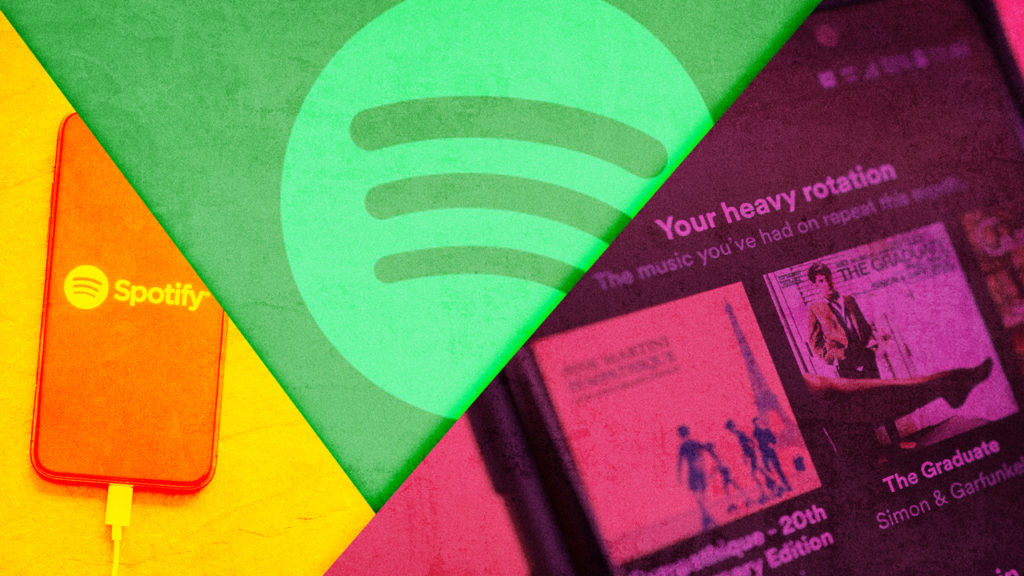Spotify—in partnership with Culture Co-Op—launched its first annual Culture Next Report, a research survey exploring Gen Z and millennials’ evolving relationship with digital media, culture, brands, content and technology. The report surveyed “a combination of our first-party data, focus groups in the US and surveys of 4,000 people aged 15-38, the report took us around the world to Australia, Philippines, Brazil, Mexico, UK, Germany, France and the US.”
Spotify also conducted “global assignments among 16 young influencers and trendsetters in all markets, as well as expert interviews.”
The report revealed five major trends that define Gen Z and an analysis of how marketers can leverage these trends. Forty-two percent identify more as a global citizen than as a citizen of their own country and 78 percent believe that music makes it easier for people to connect with each other and other cultures. Acknowledging that Gen Z and millennials comprise the most racially and ethnically diverse generation to date can help brands connect with them through genre-based targeting, as Spotify does.
Sixty-one percent said they think brands have the power to create communities based on common interest and passion. Given this audience is continuously looking for ways to connect with micro-communities, another way brands can reach Gen Z and millennials is creating a podcast led by relatable, authentic hosts, and throwing experiential events that align with emerging cultural trends.
Media aesthetics have the ability to shape the group’s discovery of new products and music and purchasing decisions, an important point for brands to consider given that 72 percent of respondents said discovery boosts happiness.
“[Media] has been really helpful—for example, maybe you’re trying to choose between two different products. Watching a video about someone’s thoughts on both can help you decide which one you might actually purchase,” said Bethany Mota, Gen Z beauty YouTuber.
The findings also showed that Gen Z and millennials are making an effort to stay informed about politics and that brands should do the same, as 68 percent agreed that “brands need to promote more progressive values and play a more meaningful role in society.”
They also value brand transparency. When asked which ideals brands should convey in their messaging, Gen Z and millennials’ top picks were honesty, equality and freedom.
Lastly, the report validates the trend that the group proactively works to improve their mental wellness and finds “deep camaraderie” in openly expressing their feelings. Brands should look for moments to uplift Gen Z and millennial audience—fifty-nine percent believe that brands should “convey messaging of moral support and show they understand consumers’ struggles.”

